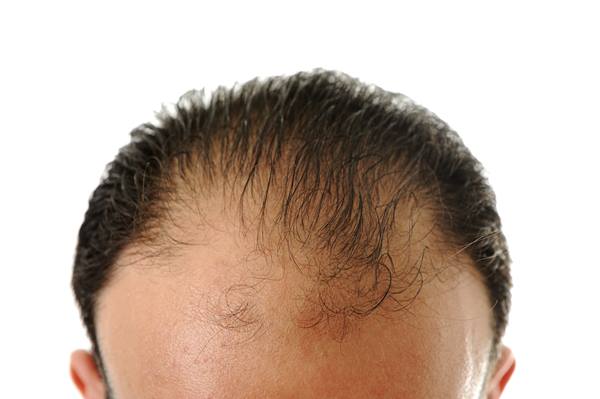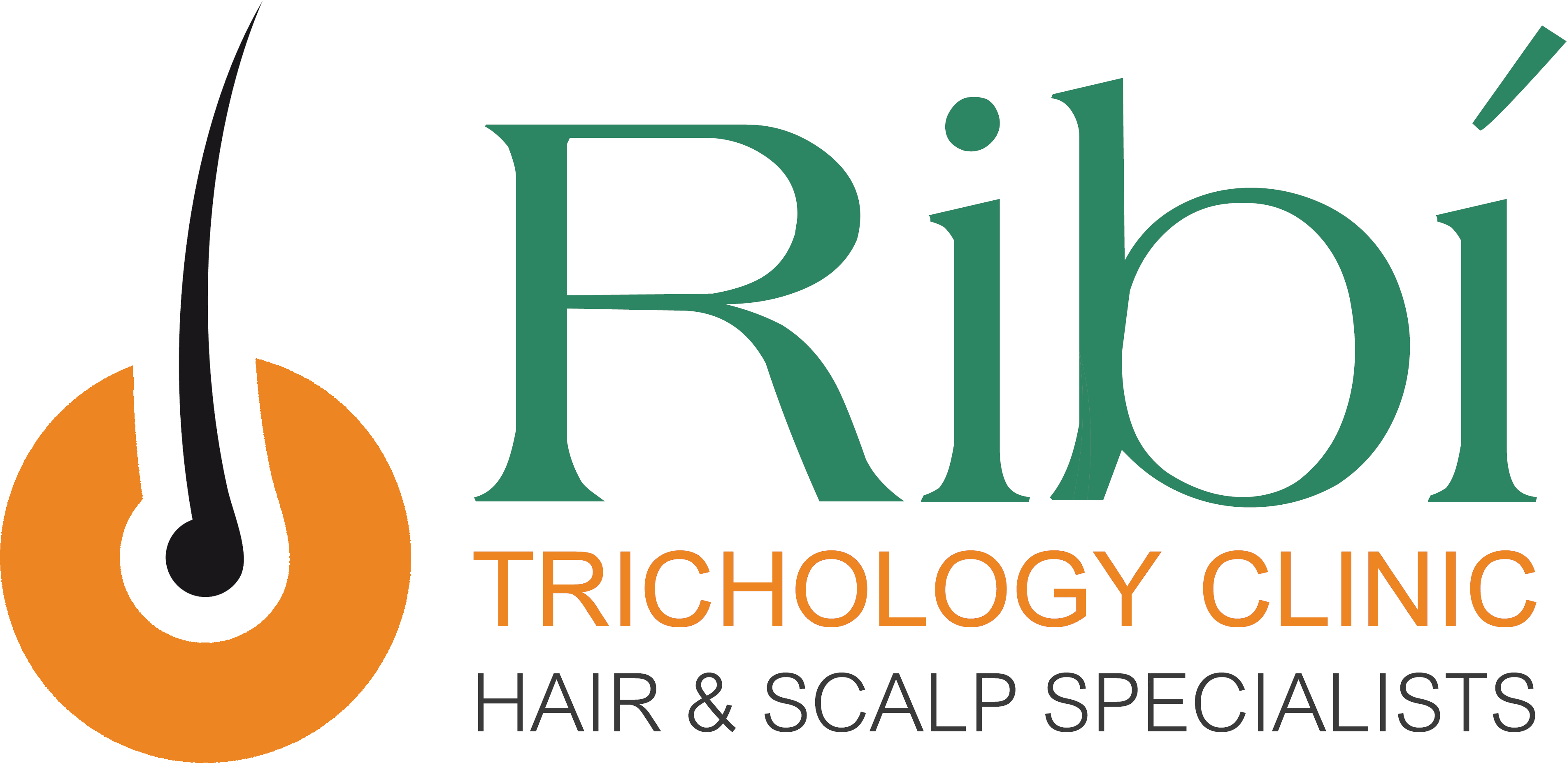
Hair loss
Mary Safo of Ribí Clinic deals with many people who are very distressed about their hair. She talks about hair loss and some of the help that is available.
Most of the time, we tend to take our hair for granted. We never think of hair loss as something that will happen to us. But when it does, the biggest fear for most people is that it will not grow again. Losing hair can seriously affect people’s self-esteem and confidence.
The biggest problem for most sufferers is getting the right solution as there are so many products on the market, which supposedly solve the problem, but some of our clients said they found some of the popular hair loss medication ineffective. They may see no improvement or they may lose more hair.
Hair loss can be caused by genetic and non-genetic factors, such as hormone imbalances, diabetes, thyroid abnormalities, bacterial infections, anaemia, stress, pregnancy, poor nutrition, fever, chemical damage, use of poor quality hair products, certain hairstyles, and using hair styling equipment, such as blow dryers, hair straighteners, curling tongs or any highly heated styling equipment.
How do we cope with hair loss?
At HnBC hair Loss clinic, we provide non-surgical natural hair loss solutions to men, women and children of all nationalities suffering from hair loss or hair thinning due to chemotherapy treatments, alopecia, trichotillomania, male pattern baldness, and other conditions.
We always advice our customers that we do not promise any miracle treatments but the solutions that we do offer have been proven to improve the condition of clients, as it takes away the stress and worry and over a period of time (sometimes just weeks) as signs of new growth have been seen by our customers.
Having a scalp massage is a good idea because it helps to promote good circulation, which nourishes the hair. It can also ease the stress which may contribute to hair loss.
Treat your hair gently. Never brush wet hair but use a wide-toothed comb. Avoid excessive heat when blow drying, holding the dryer at least six inches from the hair. Excessive sun exposure is also bad for your hair. Avoid tongs, straighteners, and heated rollers. Have your hair trimmed regularly, particularly if long.
Drink lots of water and eat a healthy, balanced diet
Visit a clinic or a salon that empathises with, and understands, your condition as the team will have the patience to help to put a smile back on your face.
Finally, have a positive attitude.

